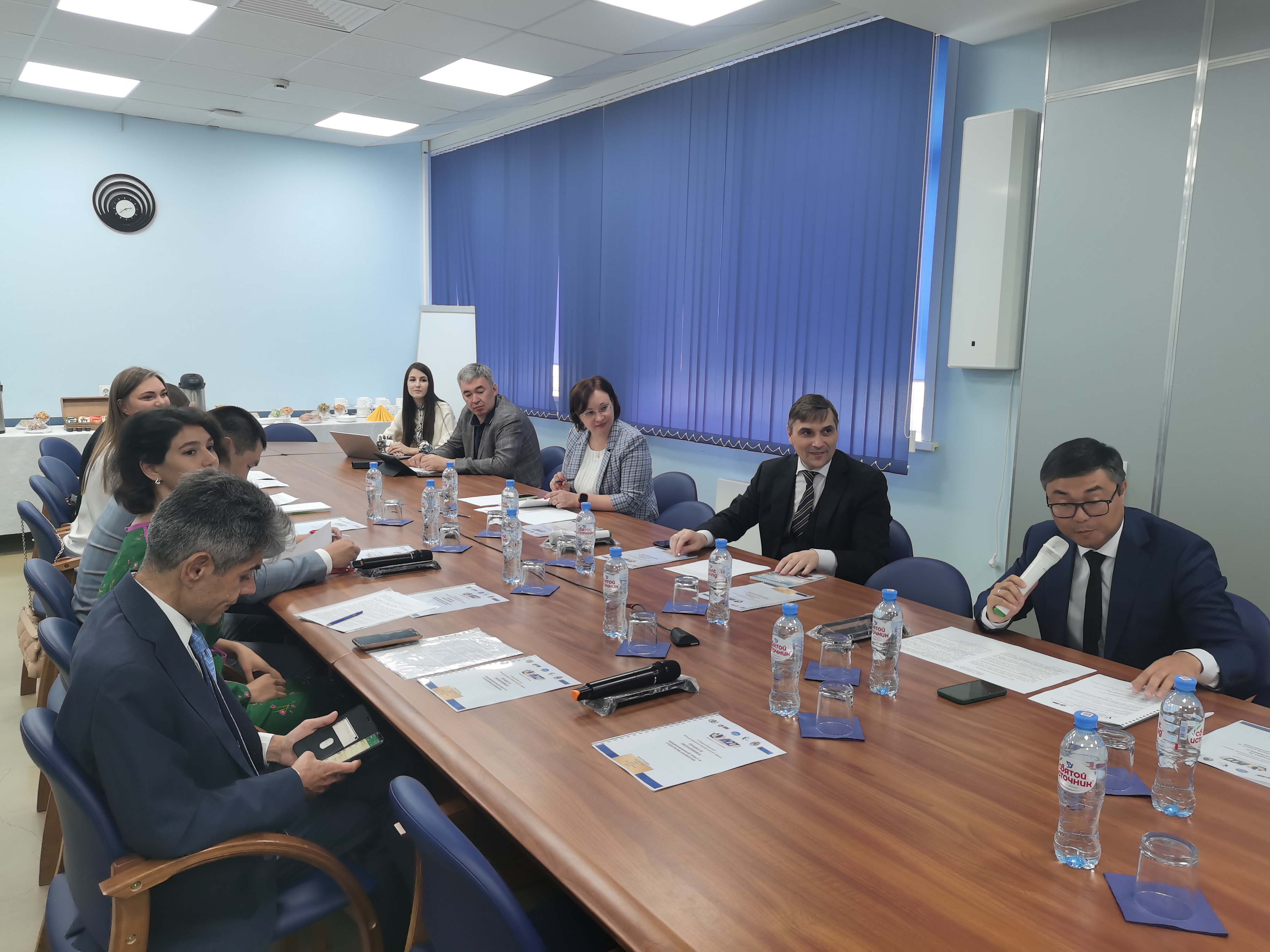30.06.2023

On the 23rd of June, an international scientific conference in English language "Interaction of Legal Systems: Comparative Law Issues" was held as a part of the V International Legal Forum at NSUEM.

Research papers were presented by:
Rolan Jangarashev (Kazakhstan) - Deputy Director of the Institute of Legislation and Legal Information of the Republic of Kazakhstan;
Yerlan Akhmetov (Kazakhstan) - Senior Researcher of the Institute of Legislation and Legal Information of the Republic of Kazakhstan;
Alessandro Cenerelli and Alegra Kuligina (Italy) - Representatives of the University of Campania "Luigi Vanvitelli";
Oleg Sherstoboev - Dean of the Faculty of Law, NSUEM;
Andrey Makartsev - Dean of the Faculty of Public Sector, NSUEM;
Maria Gromozdina - Acting Head of the Department of Civil and Business Law, NSUEM;
As well as other NSUEM University academic staff and postgraduate students.
According to Oleg Sherstoboyev, this international conference is held to exchange scientific knowledge, and through such meetings international contacts are being actively developed.
Rolan Jangarashev noted the importance of an English-speaking conference: “The meeting was attended by respected researchers from different countries. The Conference was very well organized with presentations on various topics. The researchers presented profound studies of administrative law and provided interesting examples of legislation from Italy, Kazakhstan and Russia”.
Maria Gromozdina also shared her scientific research results with her colleagues.
“My report is devoted to the topic of national and inter-ethnic, intercultural practice as well as ambiguity in the terminology” – said Maria Gromozdina. She pointed out that “It is interesting that the same terms that are applied in different jurisdictions, that is, in different countries, may be interpreted differently depending on the situation and the country of application. This can lead to misunderstandings and, as a result, ambiguity, misuse of words. In my report I consider the term «child». «Child» as a subject in any branch of law. We can say «infant», «teenager» or «juvenile». Similar equivalents exist in other jurisdictions. Legislation embeds children in the legal system in accordance with their age, so it is important to understand what age we are talking about.
At the conference Andrey Makartsev and RANEPA postgraduate student Maria Orlova submitted a joint report on the limitations of subjective suffrage on the example of the Eurasian Economic Union countries.
According to Maria Orlova, “It is noteworthy that many of the restrictions on subjective rights can overlap in the countries of the union (Armenia, Belarus, Kazakhstan, Kyrgyzstan and the Russian Federation). History goes on and the development of each country moving along its path. There are also individual features in the electoral censuses of different countries. For example, in Armenia it is forbidden to vote if a person has dual citizenship. While in Russia active suffrage may be feasible in similar circumstances”.
After the conference, the participants met with Vladimir Romashin, NSUEM Vice Rector for External Relations. During the meeting, participants discussed the opportunities for cooperation between universities and scientific centers, academic mobility and involvement of leading foreign scientists to conduct classes at the NSUEM Faculty of Law.
